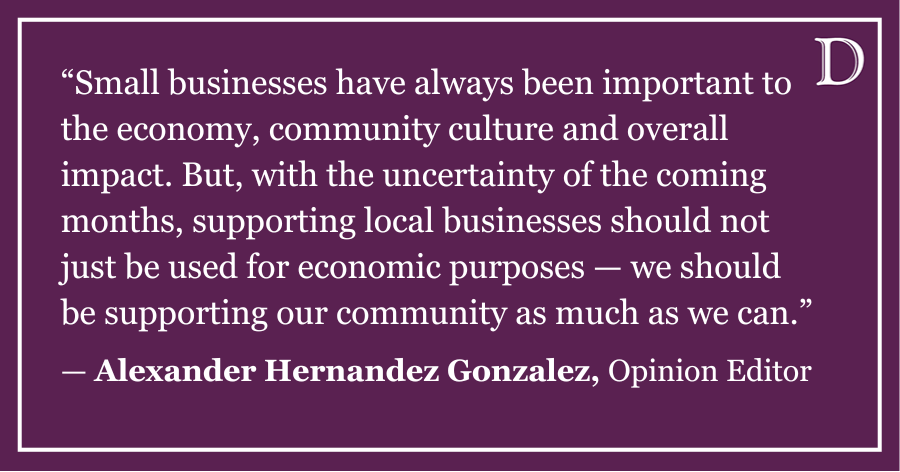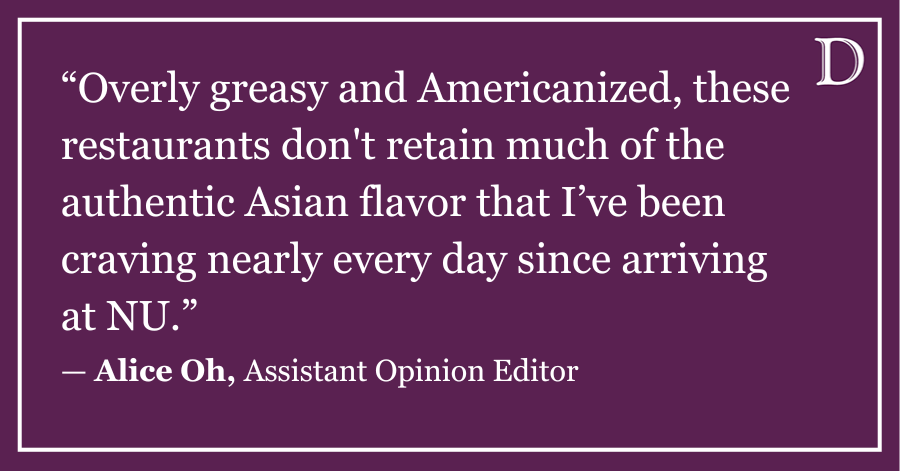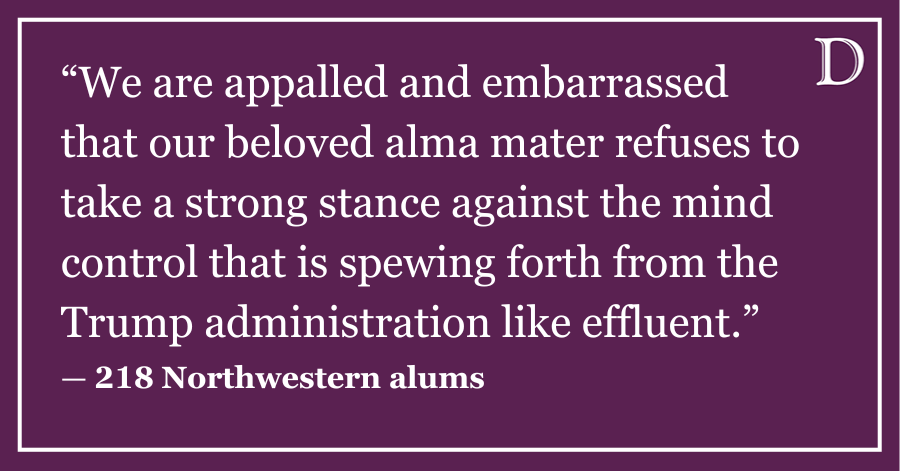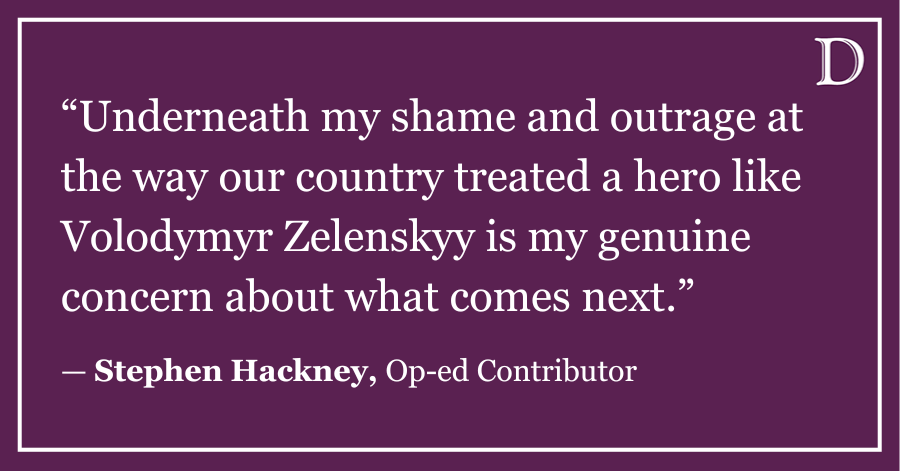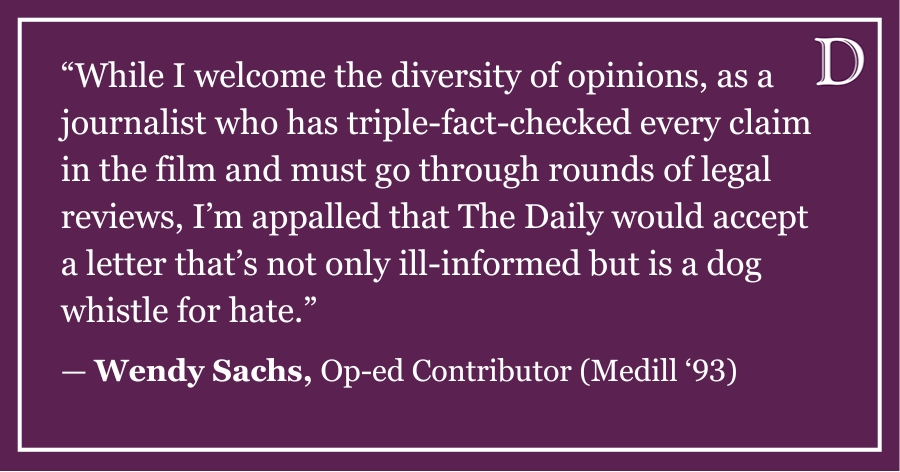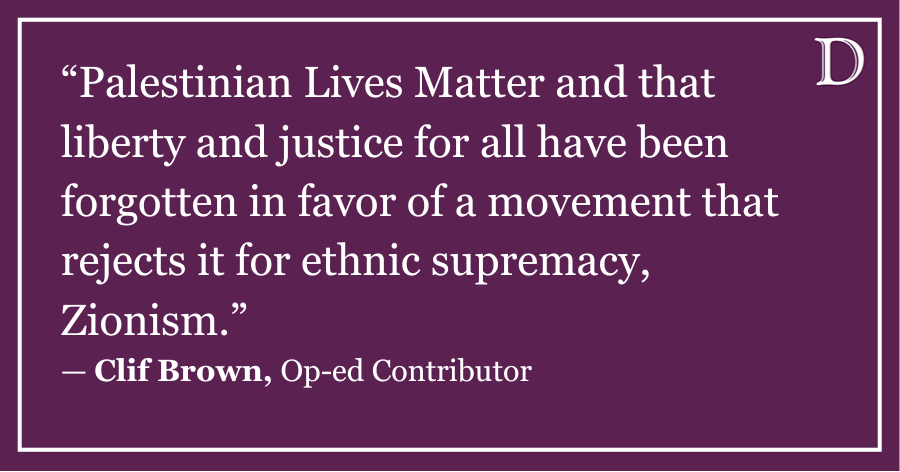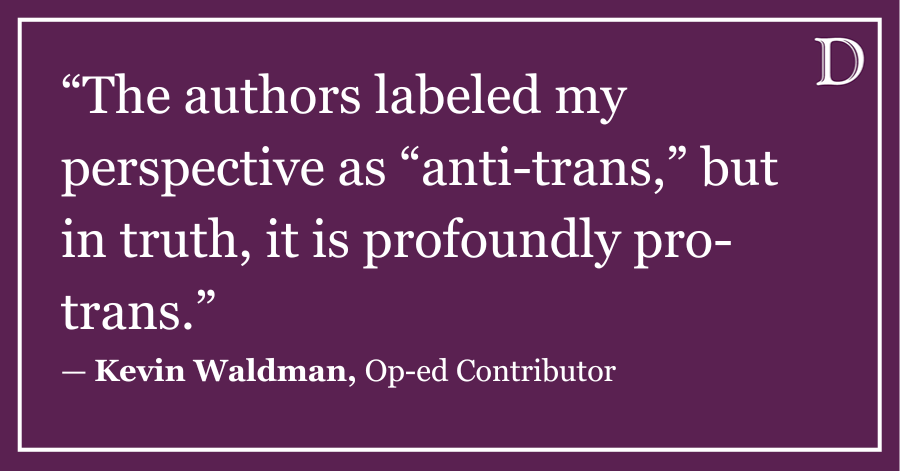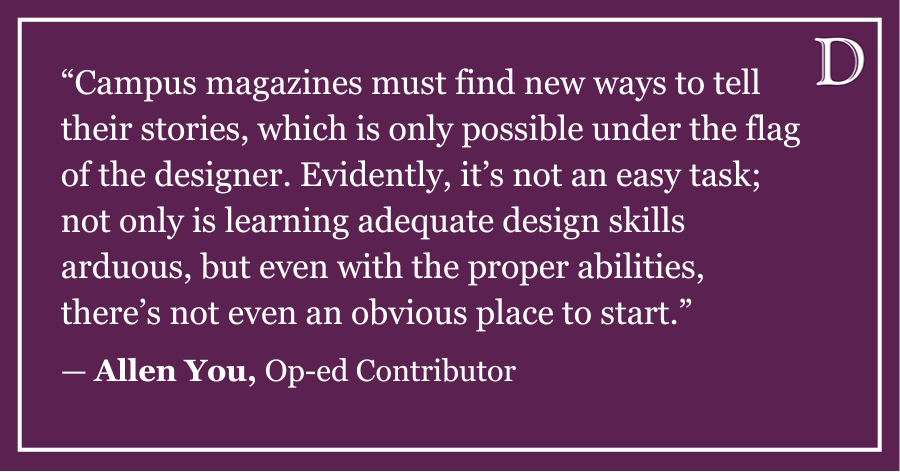
The last mile of a marathon is a character-defining experience. It teaches a person that real grit, passion and determination are traits you cannot train into existence. In Chicago, the final stretch down Michigan Avenue separates the wheat from the chaff; the hundreds of old men passing me with a final sprint were wheat, and my scrawny 18-year-old self, struggling as my legs cramped with each step, was chaff.
A man who sported a scruffy beard and wore a shirt bearing the crest of his local fire department started to jog next to me.
“Hey, Red Cross,” he said, referring to my charity runner shirt. “Let’s finish strong.”
I felt a sudden burst of energy, and then the wind fell from my sails. I clenched my teeth and shook my head in defeat.
“I can’t,” I said.
My new friend, unconvinced, built up his pep talk.
“You’re almost there,” he said. “If we go any slower, we’ll be going backwards in time. Go back far enough, and you might qualify for Boston.”
I choked on a laugh. Boston as a race represents the holy grail of running accomplishment. Just six months earlier I watched my grandfather run, conquering Heartbreak Hill and accepting kisses from the Wellesley girls, and I was inspired shortly after to sign up for a marathon of my own.
The race represented a figurative torch passing between my grandfather and me. As an immigrant in the United States, my Irish grandfather was able to find work and build up a life with his family on the West Side of Chicago. I would reap the benefits of that legacy of the marathon that fall, as I became the first person in my family to attend college. The marathon was a perfect metaphor for that all-American promise: If you work hard, play by the rules and embrace every opportunity, you can succeed, whether that success is a 26.2-mile race or being able to provide a good life for your family.
I had to suppress a guttural outburst as I viewed the first photos from Monday’s tragedy. Beyond the obviously heartrending stories of the injured and their families, I was reacting to what felt like a deeply personal attack on that promise.
There is a common misconception that a marathon runner has only themselves — their mind and their body — to get them through a race. Not true. I think about the endless lines of humanity along the route, the flag wavers, the sign holders and the loved ones all there to support their runner’s accomplishment.
When I tried to stop to stretch with a half mile left to run in my first marathon, my new friend encouraged me one more time.
“C’mon, man, keep going,” he said. “Keep going for me. I can’t do this without you.”
The strength we can take from the heroes of this tragedy — the runners, the first responders, the community — is that in America or in a race or in life, we can overcome grief, persevere and cross the finish line together.
Sean Lavery is a Medill junior and a Daily staffer. He can be reached at seanlavery2014@u.northwestern.edu. If you want to respond publicly to this column, send a Letter to the Editor to opinion@dailynorthwestern.com.




